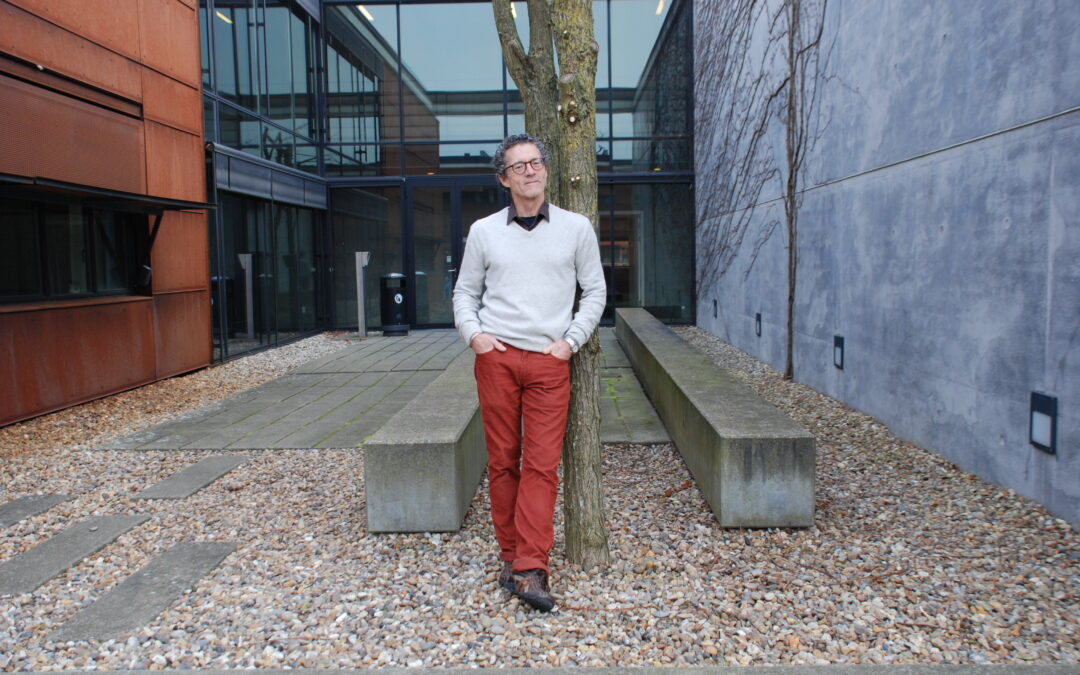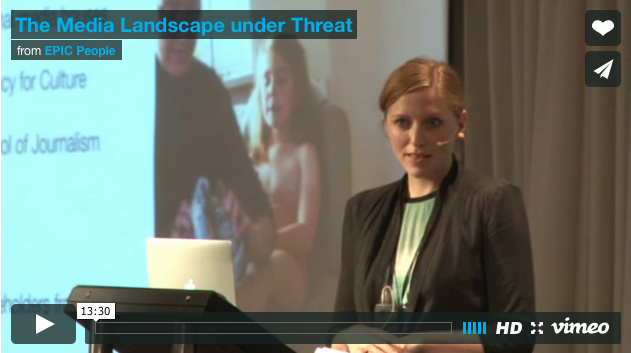EPIC Profiles Series Culturally inspired and often ethnographically informed research has constituted a consistent thread of output from faculty in business school marketing departments for over thirty years (Arnould and Thompson 2005, 2007; Sherry 1991, 2014; Thompson, Arnould and Giesler 2013)....




